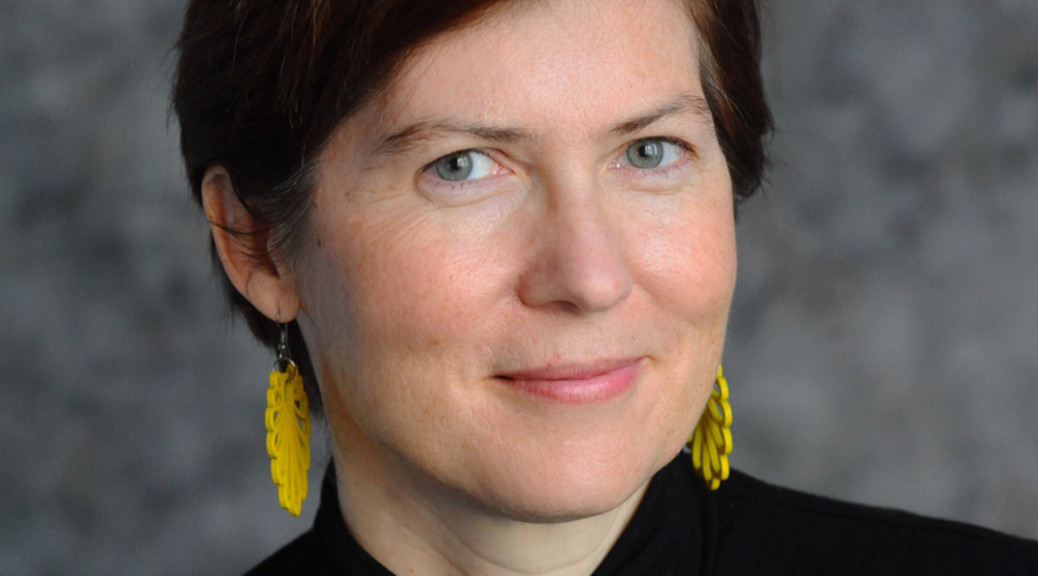JULIE CRAWFORD
Mark van Doren Professor of Humanities, Chair of Literature Humanities
Almost all the protests and demonstrations and teach-ins I’ve been to in the last ten or fifteen years have been either about the war, particularly about the Middle East, particularly about American politics abroad, and particularly about American racist politics at home, stop and frisk [practice by New York City Police Department officers], Ferguson [Missouri], Eric Garner. Those are the ones that all the feminists I know, and my family, have been protesting and talking about and feeling are of immediate impact on everybody’s lives and political conscience and responsibility. I think in each of those instances, Do Muslim Women Need Saving? All of a sudden Republicans talking about Afghani women needing access to education—there’s a feminist critique involved in that. It’s a feminist critique that’s certainly part of why those are the things that were of immediate concern to people.
I have a lot of former students who work on the internet now, that’s where many young feminists work. Being a young feminist who works on the internet, especially if you’re concerned about racism or gender discrimination or sexual orientation discrimination, it just means getting rape and death threats every single day. I think all of those things together, for me, are totally feminist issues. I am far more concerned about Trayvon Martin than I am about gay marriage. The way we think about injustice or rights-bearing subjects, who is silenced in the public sphere, whose life is less worthy, why is that life less—those are feminist questions. They don’t necessarily always land on female bodies, but they’re feminist questions.
Where our activism lands—like I write about 16th and 17th century women. My optic is always about the stories we tell about political rights and who has a political voice. They’re definitely about a historical era a distance from us, but the questions that I’m asking are coming from a place of both how did we get to a delimited sense of political rights and how is the dominant historiographical story we tell about that actually wrong and interested. Male historians tell a very interested story, and I don’t agree with that story. It’s about re-visioning dominant narratives.
I think for almost everybody who’s a feminist, whatever they work on—where their attention is on in their activist life or in their public sphere life—is really looking at inequality, injustice, and the dominant structures of power that make some people lesser than others, whether those people are women or gay people or people of color. In America, it’s people of color. It’s not just right now, there’s a long history to that. I don’t think there’s a distance.

